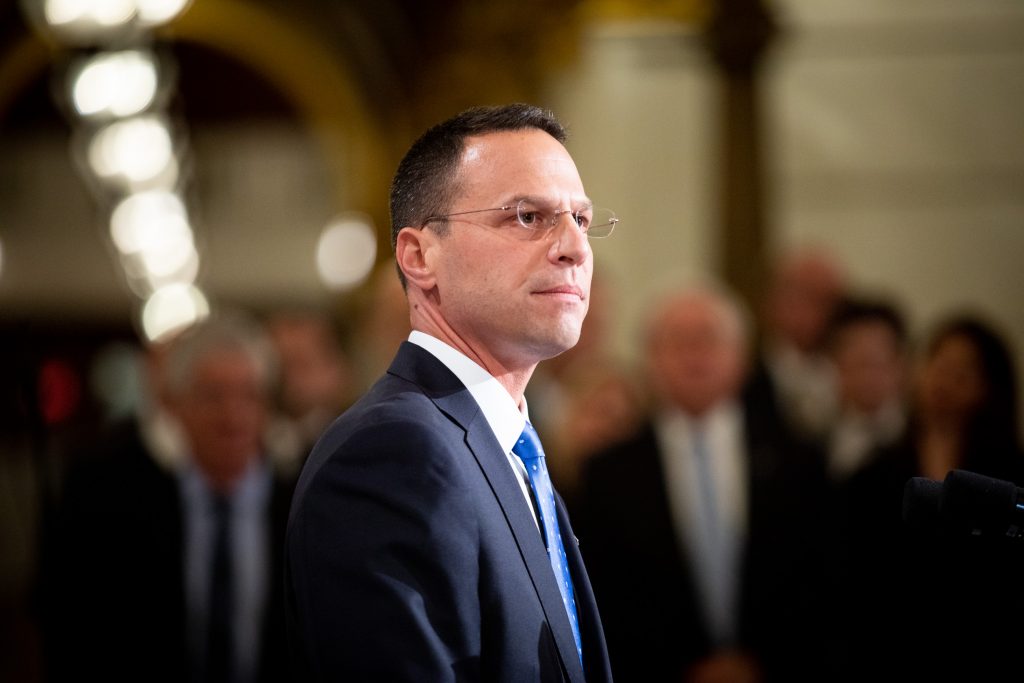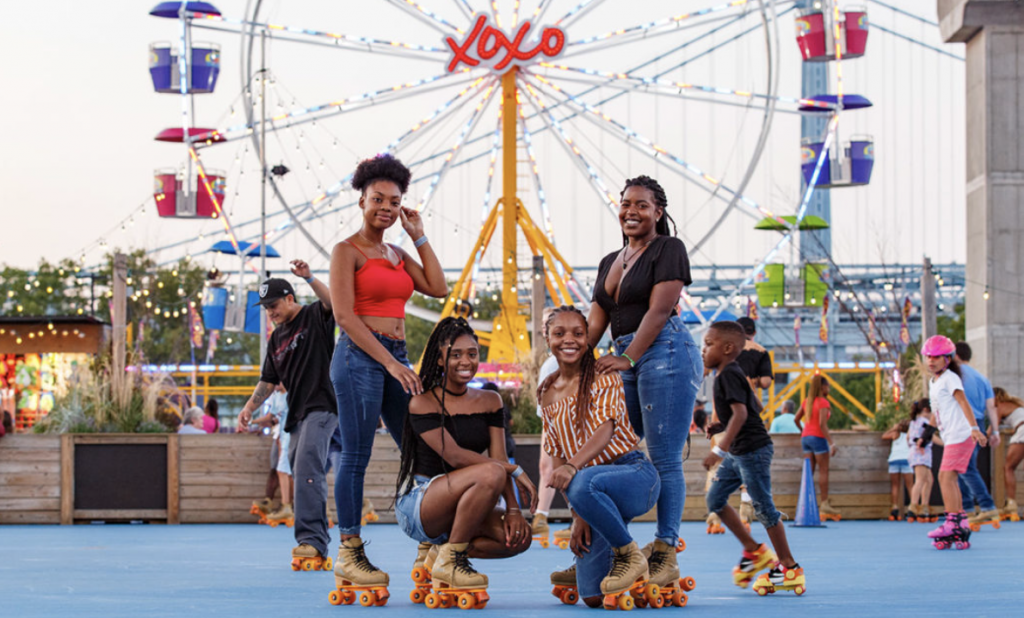
In one of the most polarizing elections in their modern history, the people of Brazil elected Luiz Inacio Lula da Silva to be the next president of Brazil, defeating the incumbent Jair Bolsonaro. While there were numerous important issues at stake in this election, perhaps the most dramatic was the fate of the Amazon rainforest. That’s right, the future of the 2.587 million square miles of temperate forest that covers 40% of South America came down to whether or not one baby boomer was elected over the other. How did this happen? What would’ve happened if the other guy had won? How do you prevent the extraction of resources and deforestation of the “Mother Earth’s lungs” when the person in charge values quick profits over clean air?
While we can all breathe a collective sigh of relief over this close call, our concerns can’t be put to rest just yet. Lula is only guaranteed president for the full length of his 4-year term, and so is the fate of the rainforest. If Bolsonaro– or worse, a new presidential candidate seduced by the quick profits that come as a result of extractivism— were to run, they could very easily reverse the progress made in protecting the forest. It doesn’t matter how many trees you grow today; they can always be cut down tomorrow. As such, this dilemma clearly demonstrates a need for some sort of code that rises above whomever is voted into power. Before you doubt me for believing in something that can’t exist, I urge you to read further. The ailment for this problem has already been thought of and tried for the first time in Ecuador.
In 2008, Ecuador became the first country to give nature its own rights protected by the country’s constitution. On paper this seems like the solution to climate change caused by people; climate disasters and negligence towards them can be challenged in court. As promising as this legal theory is, it is still just that: a legal theory.
The first lawsuit in Ecuador that used the Rights of Nature Provision as legal precedent was filed by the Global Alliance for the Rights of Nature (GARN) against a construction company that was dumping debris into a river. The river won the case, and the company was tasked with fulfilling a list of reparations including but not limited to presenting studies that show the environmental impact of the project as well as a plan to correct the damage done, implementing corrective measures, and creating a delegation to track the ruling.
The company never provided any studies or plans. GARN alleges that the only compliance the company exhibited was shown by the placement of signs at the construction site and a “superficial” cleaning of the river. Apart from that, construction continued as usual.
Cases that make their standing on the Rights of Nature tend to be very hit or miss and even when they do hit, the consequences amount to little more than a slap on the wrist. While I feel this idea is a step in the right direction, it still doesn’t adequately address impacts on the environment on the scale necessary for such an urgent issue. The Rights of Nature doesn’t guarantee that climate injustice will be challenged at every instance. All it guarantees is the opportunity to challenge climate injustice, and even with that a court case still needs to be fought and won for any kind of solution to be enacted. The ideal plan to deal with human induced climate change needs to ensure that all injustices will be confronted and reversed. The theory of Free, Prior, and Informed Consent (FPIC) shines in many places where the Rights of Nature does not.
Indigenous people manage only about 20% of the world’s land, however this land makes up for 80% of the Earth’s biodiversity, according to a figure provided by conservation.org. With this in mind, FPIC proposes that prior to any activity the consent of Indigenous people must be obtained freely, without threats or bribes,with sufficient time for consideration, and with information that gives a full picture of the proposed activity that is presented in a way that can be understood by the community. FPIC is the kind of broad, sweeping policy we need to properly address climate change caused by humans. If more countries from North America to South America adopted the FPIC policy, then there is no telling how much environmental damage could be reversed. Not only is this policy effective, but it also serves as an important step towards recognizing the humanity of a group that has been disadvantaged for centuries. I’m not saying the FPIC policy will reverse or even “fix” the countless horrors endured by indigenous people, but I see it as the bare minimum.
These injustices are closer to home than you may think. As recently as June 2021, the Delaware Lenape Tribe is challenged by the contamination of local waterways due to overproduction of agricultural products, according to an article published by the Cape Gazette. The Lenape community was forced to partner with advocacy groups to make up for their lack of political sway.
If the United States or even the state of Delaware adopted a policy that contained the principles outlined by FPIC then the plight of the Lenape community could be properly addressed or even prevented entirely. The struggle of the Lenape isn’t unique. Up and down the North American and South American continents you will hear the same story. There is clearly a pattern, so what are we going to do about it?



